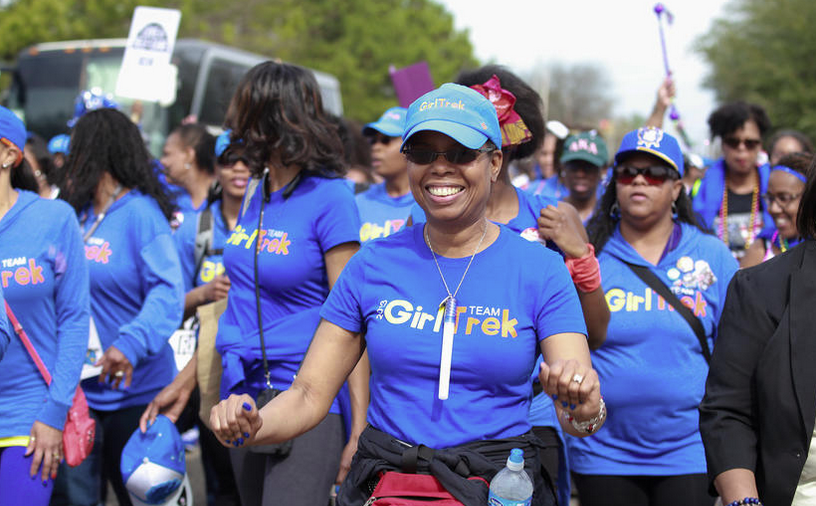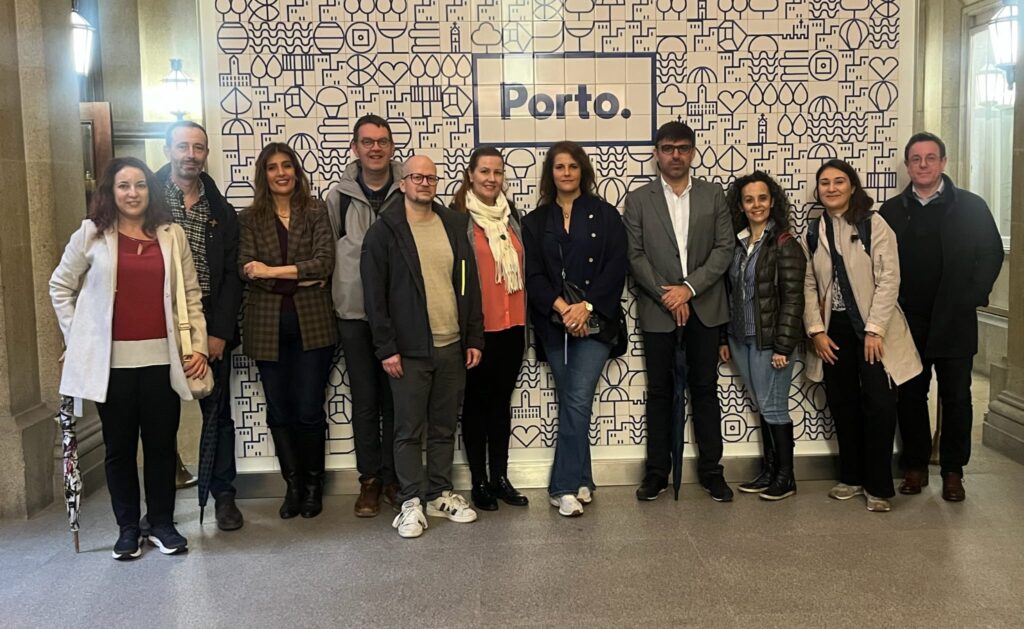
Photo: GirlTrek
Nine urban innovators selected to join new DC lab
07 August 2015
by Jonathan Andrews
Nine social enterprises from across the National Capital Region–the area surrounding Washington DC–have been selected to participate in a new Urban Innovation Accelerator programme from the Aspen Institute.
The institute, an educational and policy studies organisation, will support each selected leadership team with a combination of peer-learning, mentorship, key connections, and brand development. The nine enterprises were chosen for their positive impact in; civic engagement, criminal justice, education, government effectiveness, healthy communities, microenterprise development, and workforce development.
“This group of inspiring entrepreneurs are pioneering some of the most innovative models to build a more just world for residents living on the margins of the National Capital Region and urban areas across America,” said Eric Lavin, Founding Manager of the Urban Innovation Lab. “We recruited a diverse set of organisations operating across various impact areas and employing different strategies. Our goal is two-fold: to help these entrepreneurs achieve their compelling visions for better urban life, and to allow these innovators to influence systems-level reform conversations.”
The inaugural Aspen Urban Innovators are:
- Baltimore Corps: Recruiting talented millennials to join social enterprises in Baltimore and Prince George’s County; retaining these corps members and building a highly connected network of social service activity.
- GirlTrek: Drawing inspiration from Black history to contextualise health as a civil rights issue, GirlTrek meets women at their point of need with a feasible first step, and turns healthy living into a service opportunity by training women as health leaders in their communities.
- GovCombinator: Developing a new model for government service innovation by creating environments where government officials and their civic sector counterparts work together in professionally facilitated ‘sprints’ to achieve breakthrough solutions quickly.
- Health for America: Developing new approaches to healthcare delivery for under-served communities by recruiting talented millennials from diverse background to spend a year embedded in the healthcare system and gaining exposure to key entrepreneurship methods.
- La Cocina VA: Training DC Metro area low-income Latinos in key food service certifications and connecting them to profitable careers in the culinary industry.
- Reach Incorporated: Closing the literacy gap in Washington DC and empowering young people from marginalised communities to influence the direction of those communities.
- Rising Tide Capital: Building wealth in low-income communities by teaching business fundamentals to under-served business owners and helping them navigate their local microenterprise ecosystem.
- School Justice Project: A legal services and advocacy organisation dedicated to serving older students with special education needs who are involved in DC’s justice systems.
- Service Never Sleeps: Developing service leadership in young professionals, activating the potential of corporations, and providing key pro bono services to local non-profits.
“The Lab gives the Center for Urban Innovation a chance to learn from these innovators and entrepreneurs in real time and gain insights into the obstacles they face,” said Jennifer Bradley, Founding Director of the Aspen Institute’s Center for Urban Innovation. “We will use their experience and perspective to build a research and policy agenda aimed at expanding the number, diversity, and impact of urban innovators not only in the National Capital Region but across the country.”
The Urban Innovation Lab, part of the Center for Urban Innovation, aims to support the development of measureable urban innovation that improves the lives of under-served residents of the National Capital Region. According to a statement the Center aims to help create cities that are places where entrepreneurs, innovative non-profit actors, and public officials work alongside people from underserved communities to solve long-standing urban problems.














